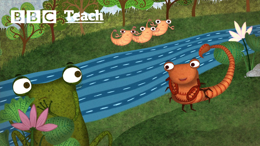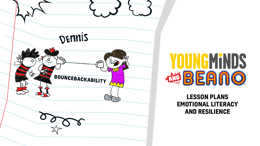Mental health on the curriculum in England
The focus on mental health and wellbeing on the national curriculum in England is changing.

In 2019, the government announced the introduction of a new compulsory subject – Relationships, Health and Sex Education, or RSHE.

 Author
Author

 Author
Author